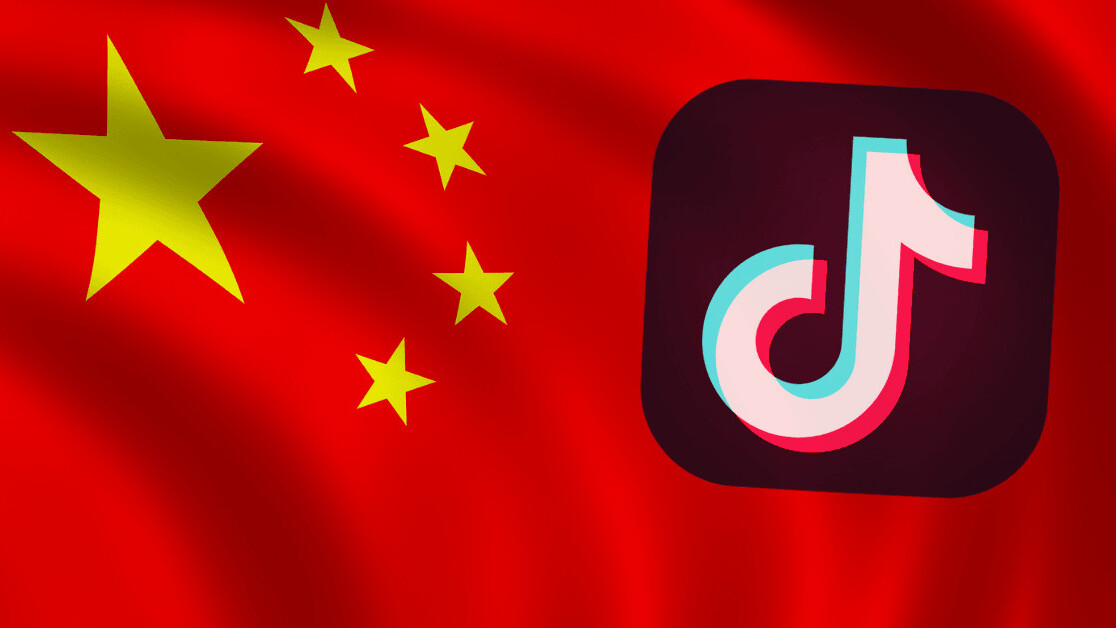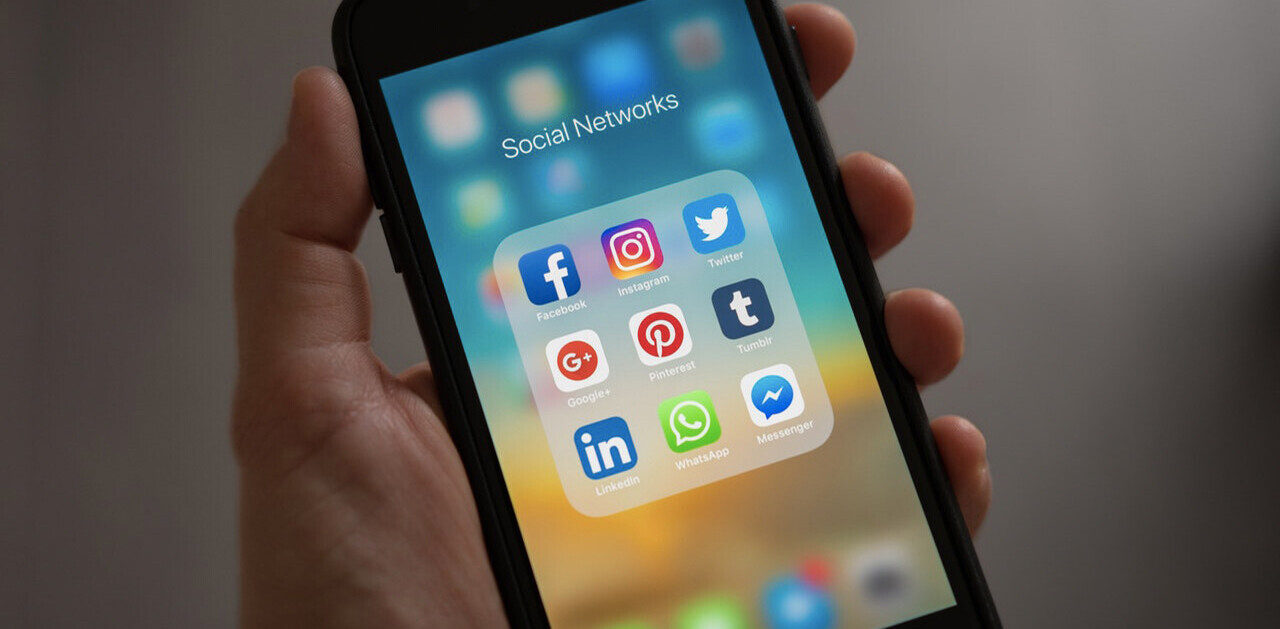
TikTok’s sudden popularity might’ve taken many by surprise as the app burst out on the social media scene seemingly out of nowhere. But TikTok’s origin is clear, it’s based on its one year-older predecessor, Douyin 抖音 which has over 500 million monthly active users.
New TikTok features often make their debut on Douyin, bringing Chinese successes to the rest of Asia and Western markets. So by examining the Chinese predecessor, we can get a hint at what TikTok’s future will look like.
What’s Douyin?
Douyin launched in September 2016 and, in less than a year, began expanding internationally under the name ‘TikTok’. After becoming one of the most popular social apps in many countries such as India, Japan, South Korea, and Thailand, TikTok entered the West after a merge with Musical.ly in mid 2018.
In China, Douyin grew from 30 million to 250 million daily active users within a year and has been an inspiration for many competitors since. Chinese tech-giants WeChat and Weibo have resorted to replicating some of its effective and addictive features in order to stay competitive.
Douyin periodically launches new features from social commerce to snapchat–like conversations. Many of these initiatives subsequently launched on TikTok after preliminary success in China. Now it is only a matter of time before TikTok fully replicates what Douyin has become today.
How TikTok could transform social commerce to the West
Where Instagram and Snapchat have slowly evolved in enabling companies and influencers to sell on their platform, social commerce is already very common in China. Most major platforms like Douyin, WeChat, and Little Red Book 小红书 enable users to make in-app purchases effortless and efficient. With years of experience, TikTok could be the catalyst for this trend to fully take hold in the West.
Since early last year, Douyin has been offering social commerce in-app. Chinese users with a minimum of ten videos are allowed to start selling on the app, linking products from China’s most popular e-commerce websites — such as JD.com, Tmall, and Taobao (similar to Amazon, Ebay) — to their Douyin store.
It would not be a surprise to see something similar in an Amazon x TikTok collaboration where brands and users are able to sell Amazon products in their videos and on their profile.
How TikTok is putting effort in the music industry
Similar to Musical.ly, Douyin started as a lip-syncing app but quickly transitioned into a platform with entertaining, down-to-earth content and catchy music. Like TikTok, users are able to upload their own music. Having partnerships with companies such as Warner Music, Sony, Universal, and many others, most of the licensed music can be used on the app.
Now Douyin is looking for more opportunities and pushing its efforts away from only short-video content. Recently, Douyin launched its own music album, a strategic partnership with ModernSky and encouraging users to create and upload their own music.
Douyin has already helped some of its most popular content creators release songs successfully. If this predicted trend continues, we could see some of the top content creators releasing their first original songs to become the artists of tomorrow.

How TikTok users strategic partnerships to acquire new users
Collaborating with some of China’s largest brands, Douyin’s partnerships are playing a big role in its success. These high-profile deals create valuable opportunity for business for both Douyin and its partners.
China Mobile is one of these successful examples. Since watching video content on mobile devices uses a lot of data, Douyin partnered with China Mobile to offer data packages that includes unlimited use for Douyin. Users are able to directly make this purchase in-app.
Additionally, this Chinese New Year Douyin collaborated with CCTV Chinese New Year Gala, a TV show watched by over a billion people in a single evening. During various moments in the show, Douyin users had to shake their phone in order to win 红包, called red packets (which includes money). Douyin gave away a total of 500 million RMB (around $73.8 million USD) to its users.
This is one of many examples of strategic partnerships by Douyin, with more expected both on Douyin and TikTok in the near future.
Private messaging through video, stickers, voice, and text
DuoShan 多闪, a snapchat like app that was beta-launched by Douyin in January 2019 is pushing people to have conversations in different ways.
Using story-like videos, AR/VR stickers, voice, and text, the app was downloaded by over a million people in less than 24 hours. Since then, DuoShan has been Douyin’s default for messaging. Some of the core features include:
- Exclusive unique effects and stickers (AR/VR)
- Private communication with your friends
- Users are able to send each other 红包 (red packets)
It appears Douyin is testing multiple features at the same time in order to hone in on the most popular ones and launch across different markets.

TikTok will continue to evolve as well. Some of the current features on Douyin that we can expect on TikTok soon include: live streaming, mini-programs (like games), stories, friend timeline (chronological), more AR/VR, in-video shopping, send rewards to live streamers, and an API platform.
In China, Douyin has shaken up the social media landscape tremendously and it will not take long until Western tech giants acknowledge TikTok as a serious competitor. Snapchat and Facebook are going to have a hard time competing with the world’s most valuable startup.
Douyin and TikTok have demonstrated the power of short-video content. More brands will have to adapt to this popular form of communication to reach younger generations and those generations to come.
Get the TNW newsletter
Get the most important tech news in your inbox each week.





